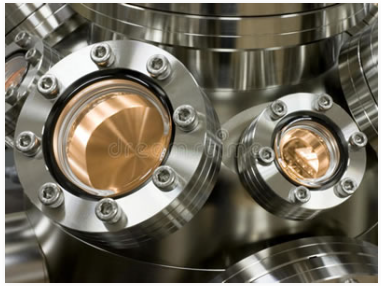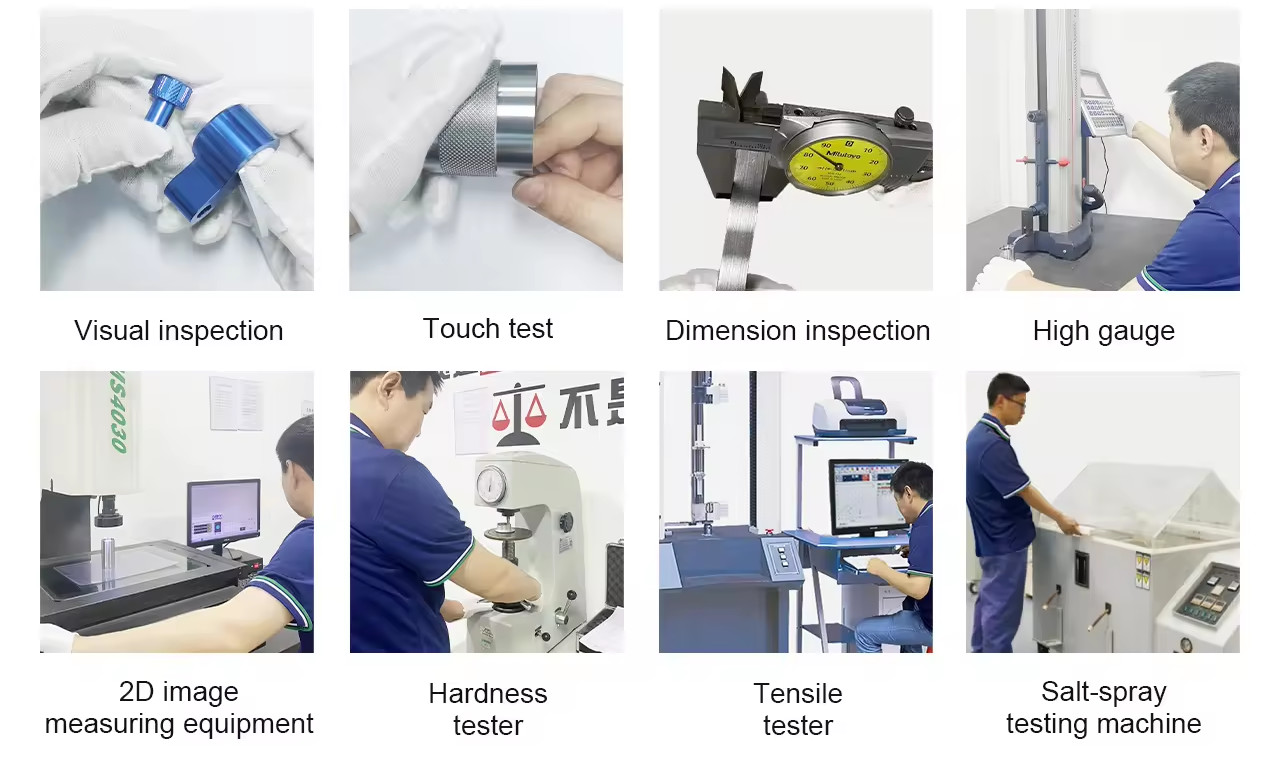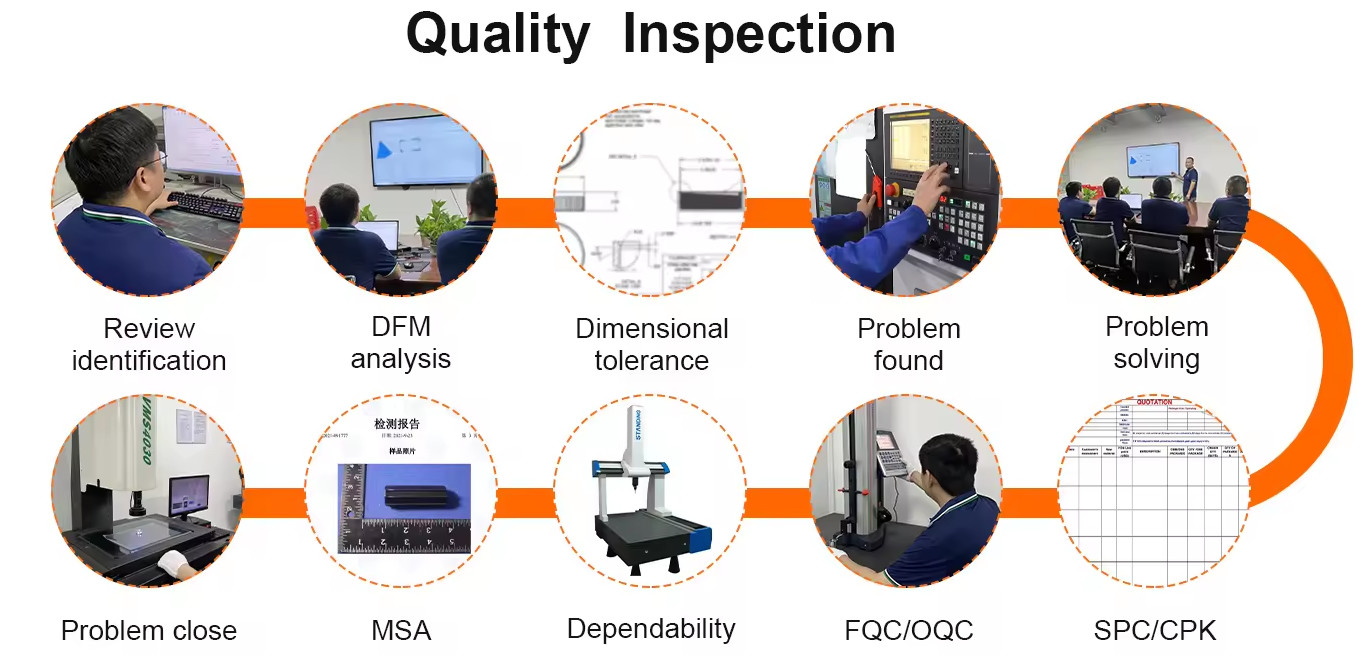Rapid tooling and injection molding are two different processes
used in the manufacturing of plastic parts, each with its own
advantages and considerations. Here's a comparison between rapid
tooling and injection molding:
Rapid Tooling:
Rapid tooling refers to the process of quickly producing tooling
inserts or molds for the production of prototype or low-volume
parts. It is primarily used for accelerating the initial stages of
product development and testing. Rapid tooling methods include
various techniques such as 3D printing, CNC machining, or soft
tooling.

Advantages of Rapid Tooling:
Speed: Rapid tooling allows for the rapid creation of tooling
inserts or molds, significantly reducing the lead time compared to
traditional tooling methods used in injection molding.

Cost: Rapid tooling can be more cost-effective for low-volume
production or prototyping, as it eliminates the need for expensive
and time-consuming traditional tooling.
Design Flexibility: Rapid tooling methods allow for easier
modifications and iterations of the tooling design, making it
suitable for quick design adjustments during the prototyping phase.

Evaluation: Rapid tooling enables the production of functional
prototypes that closely resemble the final product, allowing for
thorough testing and evaluation before committing to mass
production.
Injection Molding:
Injection molding is a widely used manufacturing process for
high-volume production of plastic parts. It involves injecting
molten plastic into a mold cavity, allowing it to cool and solidify
before ejecting the finished part. Injection molding typically
requires the creation of custom steel or aluminum
molds.
Advantages of Injection Molding:
Production Efficiency: Injection molding is highly efficient for
large-scale production, enabling the creation of high volumes of
identical parts with minimal variation.

Material Selection: Injection molding supports a wide range of
thermoplastic and thermosetting materials, allowing for the
production of parts with diverse properties and characteristics.
Surface Quality: Injection molding can achieve high-quality surface
finishes and intricate details, making it suitable for parts
requiring a Class-A finish.
Cost-effectiveness (for high volumes): Once the molds are created,
the per-part cost decreases significantly for high-volume
production compared to rapid tooling methods.
| Our Low-volume Manufacturing Capabilities |
| Barana Rapid has over ten years of low-volume manufacturing
services and a robust supply chain. It can produce various parts
for you and provide high-quality low-volume manufacturing services.
At the same time, we have an experienced team to assist customers
in optimizing designs, selecting appropriate processes, reducing
costs, and realizing rapid mass production. |
 | CNC Machining
CNC machining is used to control a wide range of complex machinery.
It is a computerized manufacturing process that uses pre-programmed
software and codes to control the movement of production equipment. | Type | Tolerance |
| Linear dimension | ±0.025mm-±0.001inch |
| Hole Diameters | ±0.025mm-±0.001inch |
| Shaft Diameters | ±0.025mm-±0.001inch |
| Part size limit | 950 * 550 * 480 mm(37.0 * 21.5 * 18.5 inch) |
 | Plastic Injection Molding
Plastic injection molding is the process of melting plastic resins
(thermosetting/thermoplastic polymers) and injecting them under
pressure into a mold cavity, where they fill and solidify to form
the final product. | Standard capabilities | Description |
| Mold cavity tolerances | ±0.05 mm |
| Standard lead time | 15 business days or less |
| Part to part repeatability | ±0.1 mm |
| Production grade | 1-100,000 cycles |
 | Sheet Metal Fabrication
Sheet metal fabrication converts flat sheets of steel or aluminum
into metal structures or products by cutting, stamping, folding,
and assembling. | Dimension Detail | Description |
| Edge to edge, single surface / Edge to hole, single surface / Hole
to hole, single surface | ±0.05 inch |
| Bend to edge / hole, single surface | ± 0.010 inch |
| Edge to feature, multiple surface / Over formed part, multiple
surface | ± 0.030 inch |
| Production grade | 1-100,000 cycles |
 |
Vacuum Casting
Vacuum casting is a manufacturing process where the material goes
into a silicone mold with a vacuum to produce complex production
parts. | Standard capabilities | Description |
| Maximum build size | ±0.025 mm-±0.001 inch |
| Standard lead time | Up to 20 parts in 15 days or less |
| Dimensional accuracy | ±0.05 mm |
| Layer thickness | 1.5mm - 2.5mm |
 |
Die Casting
Die casting is a process of manufacturing parts by pouring or
forcing molten metal into steel modes to create various kinds of
parts. | Standard capabilities | Description |
| Maximum build size | ±0.025 mm-±0.001 inch |
| Standard lead time | Up to 20 parts in 15 days or less |
| Dimensional accuracy | ±0.05 mm |
| Layer thickness | 1.5mm - 2.5mm |
 |
Aluminum Extrusion
Aluminum extrusion facilitates the manufacture of complex parts
through the process of plastic deformation. Material is forced
through a mold or orifice to achieve the desired shape. | Standard capabilities | Description |
| Press sizes | 450T - 3000T |
| Standard lead time | 2 weeks for small molds,
4 weeks for larger molds |
| Minimum order volume | 0.5 ton aluminum for smaller machines, 1.0 ton of 6063 aluminum for
larger machines. |
| Post-processing | Full service CNC cutting, threading, slotting, face milling, etc. |
 |
3D Printing
3D printing is a manufacturing process in which a three-dimensional
part or object is created from a digital 3D or CAD model. | Standard capabilities | Description |
| Min. wall thickness | 1.0 mm |
| Layer height | 50 – 300 μm |
| Max. build size | 250 * 250 * 250 mm (SLA), 420 * 500 * 420 mm (SLS), 500 * 500 * 500
mm (FDM) |
| Tolerance | ± 0.5% with a lower limit of ± 0.5 mm (± 0.020″) |
Considerations:
Cost: Rapid tooling is generally more cost-effective for low-volume
production or prototyping, whereas injection molding becomes more
economical for large-scale production.
Lead Time: Rapid tooling offers shorter lead times compared to the
creation of custom steel or aluminum molds for injection molding.
Design Changes: Rapid tooling allows for easier design
modifications, whereas changes in injection molding require the
creation of new molds, which can be time-consuming and costly.
Part Complexity: Injection molding is better suited for complex
parts with intricate details, while rapid tooling may have
limitations in achieving certain design features.
In summary, rapid tooling is advantageous for fast prototyping and
low-volume production, offering design flexibility and shorter lead
times. Injection molding is ideal for high-volume production,
providing cost-effectiveness, efficient production, and
high-quality surface finishes. The choice between the two methods
depends on factors such as production volume, cost considerations,
lead time requirements, and the complexity of the parts being
manufactured.
apid tooling, also known as rapid tooling manufacturing (RTM) or
rapid tooling technology (RTT), is a process used to quickly
produce tooling or molds for the manufacturing of parts or
products. It is a bridge between rapid prototyping and traditional
production methods, allowing for faster and more cost-effective
production.
| Our First Article Inspection Process |
| When Barana Rapid receives your order requirements, we will carry
out the first article inspection service. According to our
company's regulations, Barana Rapid will provide the first article
inspection service to ensure better completion of your machining
project if the order demand reaches 3,000 US dollars or the minimum
order quantity is 300 pieces. |
| Step 1 | Step 2 | Step 3 | Step 4 |
| Barana Rapid | Offer first article inspection
We offer first article inspection services for batch production. | Draft contract
We review the project and contact customers for detailed
information. | Produce sample
We produce sample parts according to the FAI agreement and deliver
them to you. | Full-scale production
The full-scale production starts and finishes production within
lead time. |
| Client | Request inspection
You request first article inspection for a project that meets our
FAI requirements. | Sign contract
You sign the FAI agreement provided by us and agree on our Terms
and Conditions. | Receive sample
You receive and examine the parts, inform us of full-scale
production may begin. | Receive products
You receive your prototypes or production parts on the required
lead time. |
The goal of rapid tooling is to reduce the time and cost associated
with the production of tooling, which is typically a time-consuming
and expensive process. Traditional tooling methods, such as CNC
machining or EDM (Electrical Discharge Machining), often require a
significant amount of time and investment to produce molds or dies
for mass production.
Rapid tooling utilizes various techniques and technologies to speed
up the tooling process. Here are a few common methods used in rapid
tooling:
3D Printing: Additive manufacturing technologies, such as selective
laser sintering (SLS) or stereolithography (SLA), can be employed
to 3D print molds or tooling inserts. 3D printing allows for the
creation of complex geometries and quick iterations, reducing the
lead time for tooling production.
Soft Tooling: Soft tooling involves using materials like silicone
or epoxy to create molds or tooling inserts. These softer materials
can be produced more quickly and cost-effectively compared to
traditional metal tooling. Soft tooling is suitable for low- to
medium-volume production runs.
Rapid Injection Molding: This technique combines rapid prototyping
and injection molding processes. A 3D-printed or machined mold
insert is used to create a limited number of parts through
injection molding. It provides a faster and more economical way to
produce small quantities of parts for testing, validation, or
market launch.
Direct Metal Tooling: For metal parts, direct metal tooling
techniques can be employed. These methods use additive
manufacturing technologies, such as direct metal laser sintering
(DMLS), to directly 3D print metal molds or tooling inserts. This
approach reduces the lead time and cost associated with traditional
metal tooling production.
The specific choice of rapid tooling method depends on factors such
as the desired production volume, part complexity, material
requirements, and budget. Rapid tooling offers advantages such as
faster time-to-market, reduced tooling costs, and the ability to
iterate and refine designs more efficiently. However, it may have
limitations in terms of production volume or material selection
compared to traditional tooling methods.
It's important to note that rapid tooling is typically used for
low- to medium-volume production or for the production of
prototypes, bridge tooling, or short production runs. For
high-volume production, traditional tooling methods are often more
suitable due to their durability and cost-effectiveness over the
long term.
| Our Low-Volume Manufacturing Processes |
| Barana Rapid has more than ten years of experience in small-batch
manufacturing, an excellent team, and strong suppliers to meet all
your small-batch manufacturing needs. Based on our many years of
experience in small batch molding and excellent engineers, we will
effectively execute all your projects involving small batch
machining. This is due to the strong supply chain and advanced
small-batch manufacturing equipment for different manufacturing
technologies. You can rest assured that we will ensure the
wholesale price is lower than that of our peers, strictly control
the product quality standards, assist customers in optimizing the
design, select the appropriate CNC processing technology, reduce
costs, and achieve rapid mass production, to ensure that you will
finally receive economic and high-precision products. |
| CNC Machining |  | High-speed, automated cutting can precisely form different shapes
to reflect your designs on the metal or plastic material for low
volume cnc machining. |
| Plastic Injection Molding |  | Plastic injection molding can turn thermoplastic materials into
specific plastic parts, whether it is mass production or low volume
production. |
| Sheet Metal Fabrication |  | Sheet metal fabrication is a subtractive manufacturing process that
can be applied for low volume manufacturing and prototyping of
metal parts. |
| Vacuum casting |  | Vacuum casting is a custom manufacturing method used for the
production of small series of functional plastic parts. |
| Die Casting |  | Die casting is a manufacturing process in which molten metal is
poured or forced into steel molds, allowing for small volume
production of quality metal injection molded parts with low cost. |
| Aluminum Extrusion |  | We support a variety of extrusion methods, such as aluminum and
zinc extrusion, and more to meet your specific requirement of low
volume manufacturing or mass production. |
| 3D Printing |  | We offer a wide variety of 3D printing services, such as SLA 3D
printing (Stereolithography) and SLS 3D printing (Selective Laser
Sintering). Our engineers and project managers will collaborate
with you to confirm your CAD designs, product functions,
dimensional tolerances, etc. |
What Separates Barana Rapid’s Inspection Processes from the Rest?
Careful measurement, inspection and testing are necessary to ensure
the conformance of your parts. We perform multiple inspections at
every step of the product development journey, from incoming
material verification to final 3D scanning. You will receive
complete digital files and Certificates of Compliance so you can
meet your own regulatory and performance goals.
An International Team with Unparalleled Experience
Quality inspection relies not only upon using advanced digital
equipment but also having highly trained personnel with years of
experience. As parts become more complex and tolerances more
demanding for advanced applications, precision measurements
conducted by professionals are the only way to ensure perfection.
Inspections and Review for Every Stage of Production
To ensure quality from start to finish, Barana Rapid provides the
following inspection and review services:
Extensive incoming materials verification
Design for manufacturing reviews for all quotes provided
Contract reviews upon receipt of POs
First article and in-process inspections
Final inspections and testing with reports and certifications as
required
































